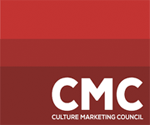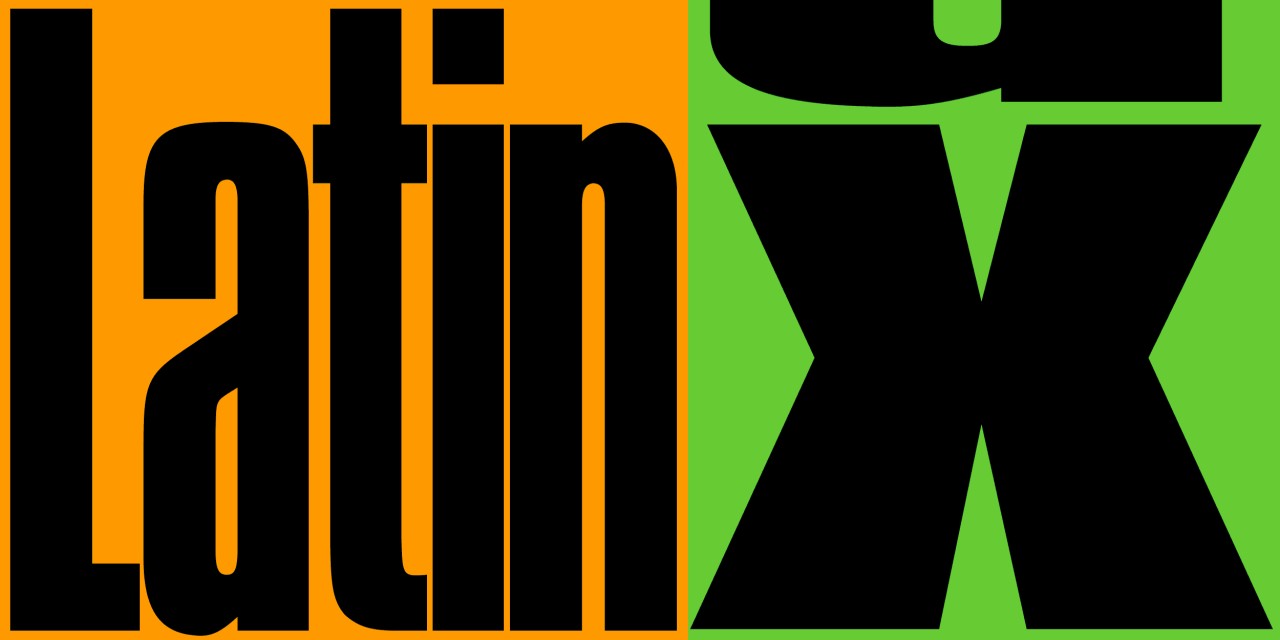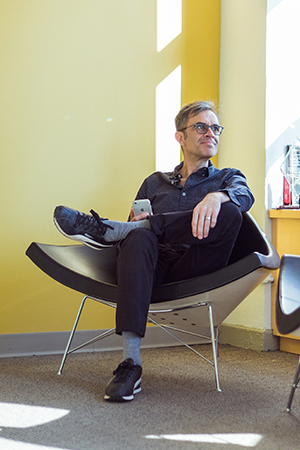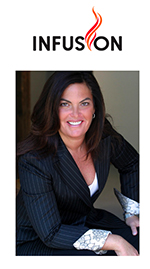Marketing in the Age of Working Remotely
 As working both from home and the office becomes the norm post-pandemic, companies try and make the best of both worlds
As working both from home and the office becomes the norm post-pandemic, companies try and make the best of both worlds
 As working both from home and the office becomes the norm post-pandemic, companies try and make the best of both worlds
As working both from home and the office becomes the norm post-pandemic, companies try and make the best of both worlds
 The prevalence of remote work because of the pandemic* varies significantly across US states. Workers in their prime (aged 25 to 54) in professional and office jobs on the West coast and in the Northeast were much more likely to work from home.
The prevalence of remote work because of the pandemic* varies significantly across US states. Workers in their prime (aged 25 to 54) in professional and office jobs on the West coast and in the Northeast were much more likely to work from home.
 The Culture Marketing Council presented their “The Intersectional Afro-Latina Experience”.
The Culture Marketing Council presented their “The Intersectional Afro-Latina Experience”.
 The purpose of the investigation is to provide an updated understanding of how the music industry fares with regard to gender and race/ethnicity across artists, songwriters, and producers of popular music. Additionally, we continue to examine major Grammy® nominations for inclusion.
The purpose of the investigation is to provide an updated understanding of how the music industry fares with regard to gender and race/ethnicity across artists, songwriters, and producers of popular music. Additionally, we continue to examine major Grammy® nominations for inclusion.
 The debate around “LatinX” as a label among all people of Latin American descent rages on stronger than ever and I’ve realized that most brands, companies and the media don’t even bother to notice. By Henry Cadena – Cultural Strategist | Brand Connector | Researcher
The debate around “LatinX” as a label among all people of Latin American descent rages on stronger than ever and I’ve realized that most brands, companies and the media don’t even bother to notice. By Henry Cadena – Cultural Strategist | Brand Connector | Researcher
 To begin our new series titled “Creative Spotlight Series”, we have chosen Paco Olavarrieta – Chief Creative Officer of New York based d expósito & Partners. We will continue to highlight our great creative executives in this series, asking them key questions about the business. Enjoy.
To begin our new series titled “Creative Spotlight Series”, we have chosen Paco Olavarrieta – Chief Creative Officer of New York based d expósito & Partners. We will continue to highlight our great creative executives in this series, asking them key questions about the business. Enjoy.
 Around 10 million U.S. mothers living with their own school-age children were not actively working in January — 1.4 million more than during the same month last year, according to new U.S. Census Bureau data.
Around 10 million U.S. mothers living with their own school-age children were not actively working in January — 1.4 million more than during the same month last year, according to new U.S. Census Bureau data.
 Everyone can learn from the female energy in our lives and women’s contributions as much as we have to learn from males, ungendered or multiculturals, without it being mutually-exclusive, a diss on others, or descending into divisiveness, reparation for the past, or white male bashing. America is not perfect, but it’s the only place in the world you can start with nothing and end up with your own thriving business, and despite the blemishes, get a fair chance. I know. I’ve lived around the world. And with gender and ethnic fluid GenZ on the horizon, the best is yet to come. Marvelously different is America. By Liz Castells-Heard, CEO & Chief Strategy Officer, INFUSION
Everyone can learn from the female energy in our lives and women’s contributions as much as we have to learn from males, ungendered or multiculturals, without it being mutually-exclusive, a diss on others, or descending into divisiveness, reparation for the past, or white male bashing. America is not perfect, but it’s the only place in the world you can start with nothing and end up with your own thriving business, and despite the blemishes, get a fair chance. I know. I’ve lived around the world. And with gender and ethnic fluid GenZ on the horizon, the best is yet to come. Marvelously different is America. By Liz Castells-Heard, CEO & Chief Strategy Officer, INFUSION
 A new Ipsos survey for the World Economic Forum finds that across the 27 countries surveyed, an average of 65% of all adults think that, in their country, someone’s race, ethnicity, or national origin influences their employment opportunities. When considering their own race, ethnicity, or national origin, an average of 39% say it has impacted their own employment opportunities.
A new Ipsos survey for the World Economic Forum finds that across the 27 countries surveyed, an average of 65% of all adults think that, in their country, someone’s race, ethnicity, or national origin influences their employment opportunities. When considering their own race, ethnicity, or national origin, an average of 39% say it has impacted their own employment opportunities.
 Chief Outsiders released the results of their second annual CMO survey on what to expect this year in market trends and company growth.
Chief Outsiders released the results of their second annual CMO survey on what to expect this year in market trends and company growth.
 Why Advertisers Can’t Afford To Stop Advertising
Why Advertisers Can’t Afford To Stop Advertising
 How often does your agency revisit its new business strategy? (Dare I ask…does it have a proper new business strategy, to begin with?) By Mark Duval – The Duval Partnership
How often does your agency revisit its new business strategy? (Dare I ask…does it have a proper new business strategy, to begin with?) By Mark Duval – The Duval Partnership
 The U.S. is rich in complicated history and diversity. While we may contend with a divisive society, Gen Z, could be key to bringing us together and elevating brand standards at the same time. As the first multicultural majority generation, Gen Zers under 18 are fueling culture plus interpreting and reinventing the American theme—and that is having an impact on Main Street and on Wall Street. By: Nancy Tellet, CMC Research Chair, Culture Marketing Council: The Voice of Hispanic Council
The U.S. is rich in complicated history and diversity. While we may contend with a divisive society, Gen Z, could be key to bringing us together and elevating brand standards at the same time. As the first multicultural majority generation, Gen Zers under 18 are fueling culture plus interpreting and reinventing the American theme—and that is having an impact on Main Street and on Wall Street. By: Nancy Tellet, CMC Research Chair, Culture Marketing Council: The Voice of Hispanic Council
![]() Consumers are paying more attention than ever to how companies navigate social and racial justice issues and reward brands that align with their values. Getting it right, though, can be a daunting task, even for experienced brand managers. By Roy Eduardo Kokoyachuk- ThinkNow
Consumers are paying more attention than ever to how companies navigate social and racial justice issues and reward brands that align with their values. Getting it right, though, can be a daunting task, even for experienced brand managers. By Roy Eduardo Kokoyachuk- ThinkNow
![]() NBCUniversal announced that its 42 NBC/Telemundo stations and seven regional sports networks are officially moving to 100 percent impressions-based buying for all local advertising campaigns as of April 1, 2021.
NBCUniversal announced that its 42 NBC/Telemundo stations and seven regional sports networks are officially moving to 100 percent impressions-based buying for all local advertising campaigns as of April 1, 2021.
 The disruption and uncertainty that the global COVID-19 pandemic has created has been particularly harrowing for global sports, which is consequently changing the value of sponsorship. Yet as the health crisis remains a notable factor for most businesses and industries around the world, China’s economy was recovering broadly at the end of 2020, and that will bleed into the country’s involvement in sports sponsorships.
The disruption and uncertainty that the global COVID-19 pandemic has created has been particularly harrowing for global sports, which is consequently changing the value of sponsorship. Yet as the health crisis remains a notable factor for most businesses and industries around the world, China’s economy was recovering broadly at the end of 2020, and that will bleed into the country’s involvement in sports sponsorships.
 Today’s multicultural teens and parents ages 25-49 have little tolerance for being disrespected by brands. According to a recent study by the Cultural Marketing Council: The Voice of Hispanic Marketing (CMC), more than half of people ages 13 to 49 have quit a culturally illiterate brand, saying it offended them or disrespected their values—that number skyrockets to 72 percent among Black female parents ages 25 to 49. Thirty percent of teens and adults who have already quit a brand also said advertising adjacent to offending content was the reason for a brand break-up. By Nancy Tellet, CMC Research Chair, Culture Marketing Council: The Voice of Hispanic Council
Today’s multicultural teens and parents ages 25-49 have little tolerance for being disrespected by brands. According to a recent study by the Cultural Marketing Council: The Voice of Hispanic Marketing (CMC), more than half of people ages 13 to 49 have quit a culturally illiterate brand, saying it offended them or disrespected their values—that number skyrockets to 72 percent among Black female parents ages 25 to 49. Thirty percent of teens and adults who have already quit a brand also said advertising adjacent to offending content was the reason for a brand break-up. By Nancy Tellet, CMC Research Chair, Culture Marketing Council: The Voice of Hispanic Council
 Repairing the frayed social fabric in the United States is one of the most pressing issues of our time. It’s not a new problem.
Repairing the frayed social fabric in the United States is one of the most pressing issues of our time. It’s not a new problem.
 A plurality of experts think sweeping societal change will make life worse for most people as greater inequality, rising authoritarianism and rampant misinformation take hold in the wake of the COVID-19 outbreak. Still, a portion believe life will be better in a ‘tele-everything’ world where workplaces, health care and social activity improve.
A plurality of experts think sweeping societal change will make life worse for most people as greater inequality, rising authoritarianism and rampant misinformation take hold in the wake of the COVID-19 outbreak. Still, a portion believe life will be better in a ‘tele-everything’ world where workplaces, health care and social activity improve.
 Marketers still lack the skillsets and metrics needed for long-term success in a discipline often at odds with traditional advertising
Marketers still lack the skillsets and metrics needed for long-term success in a discipline often at odds with traditional advertising